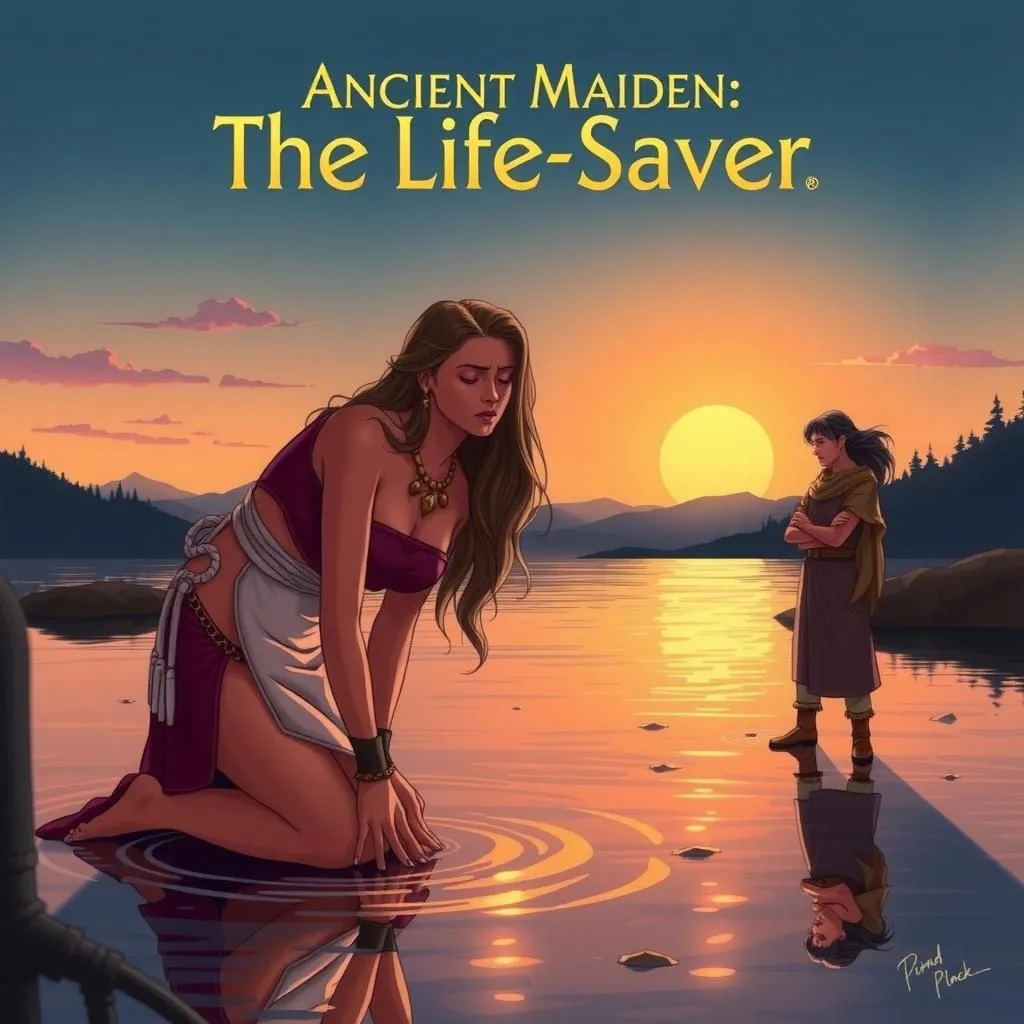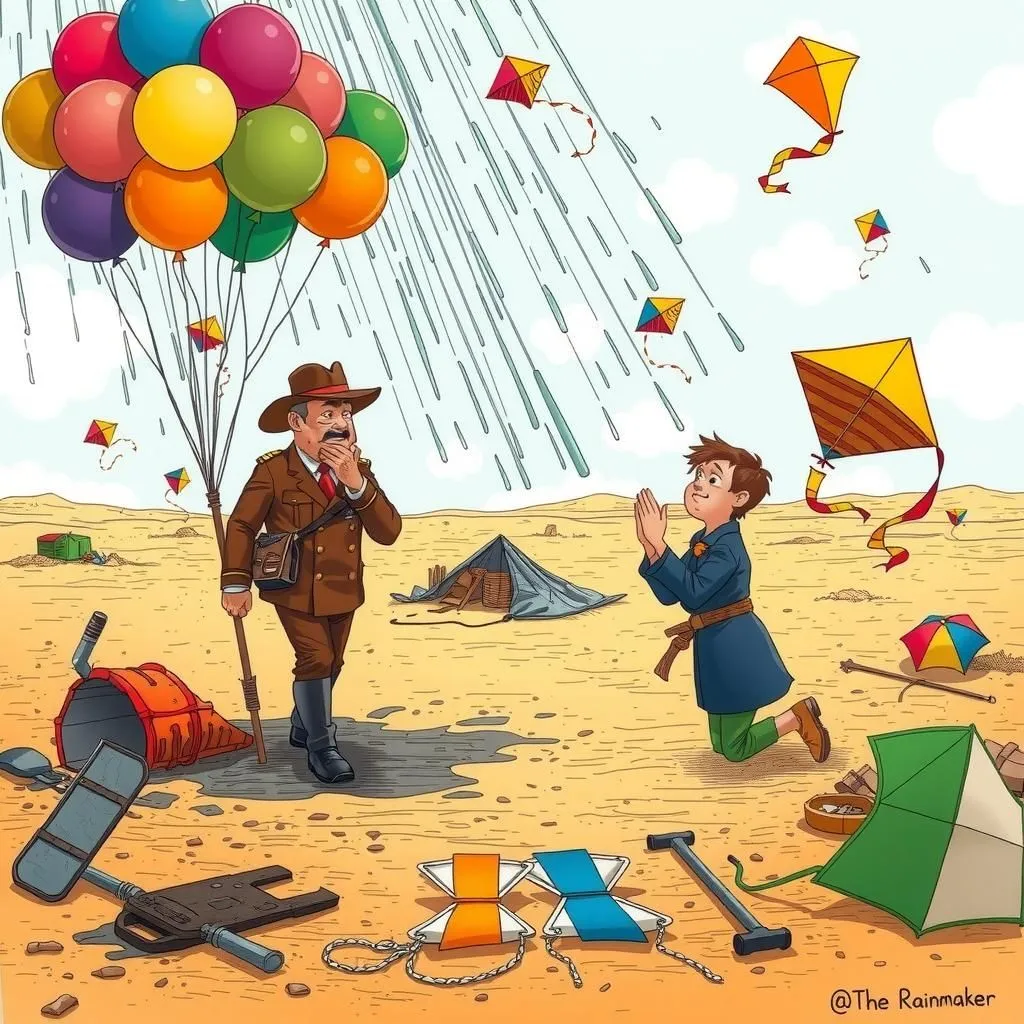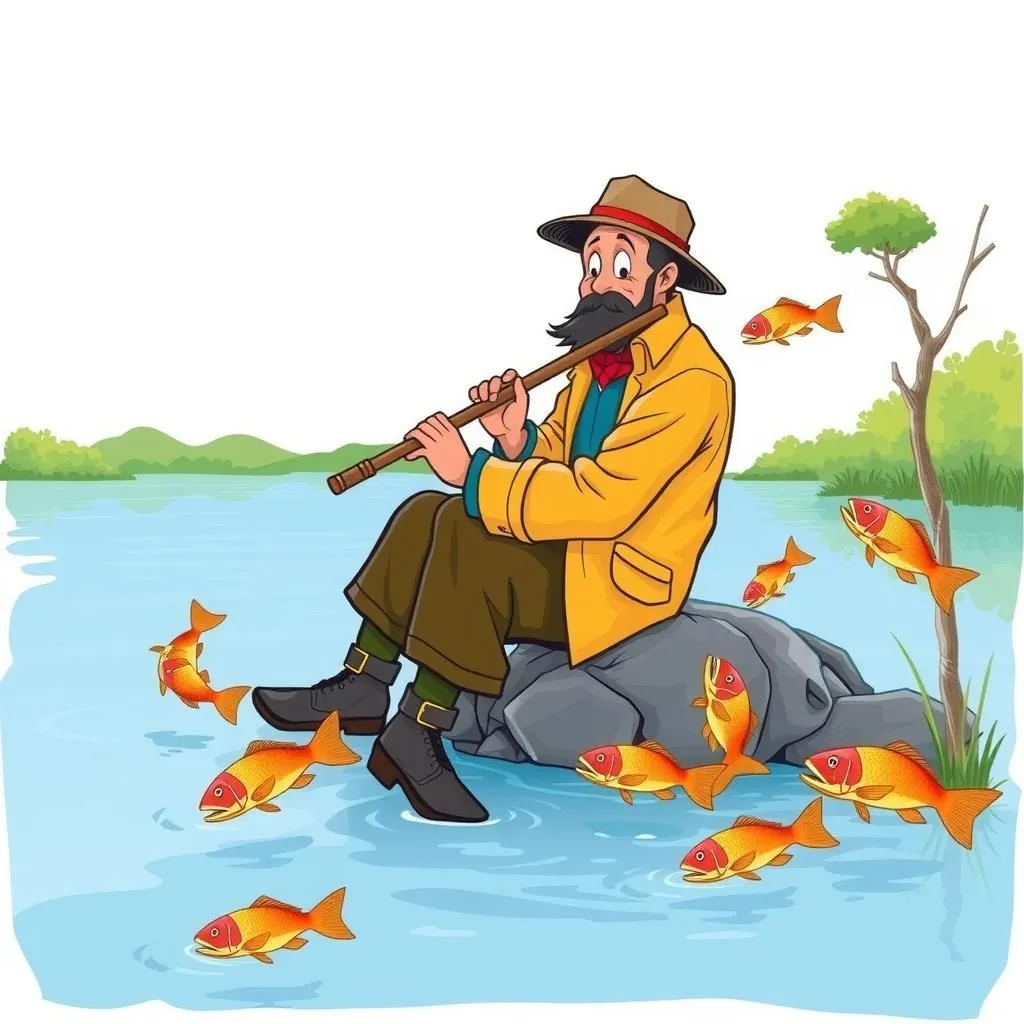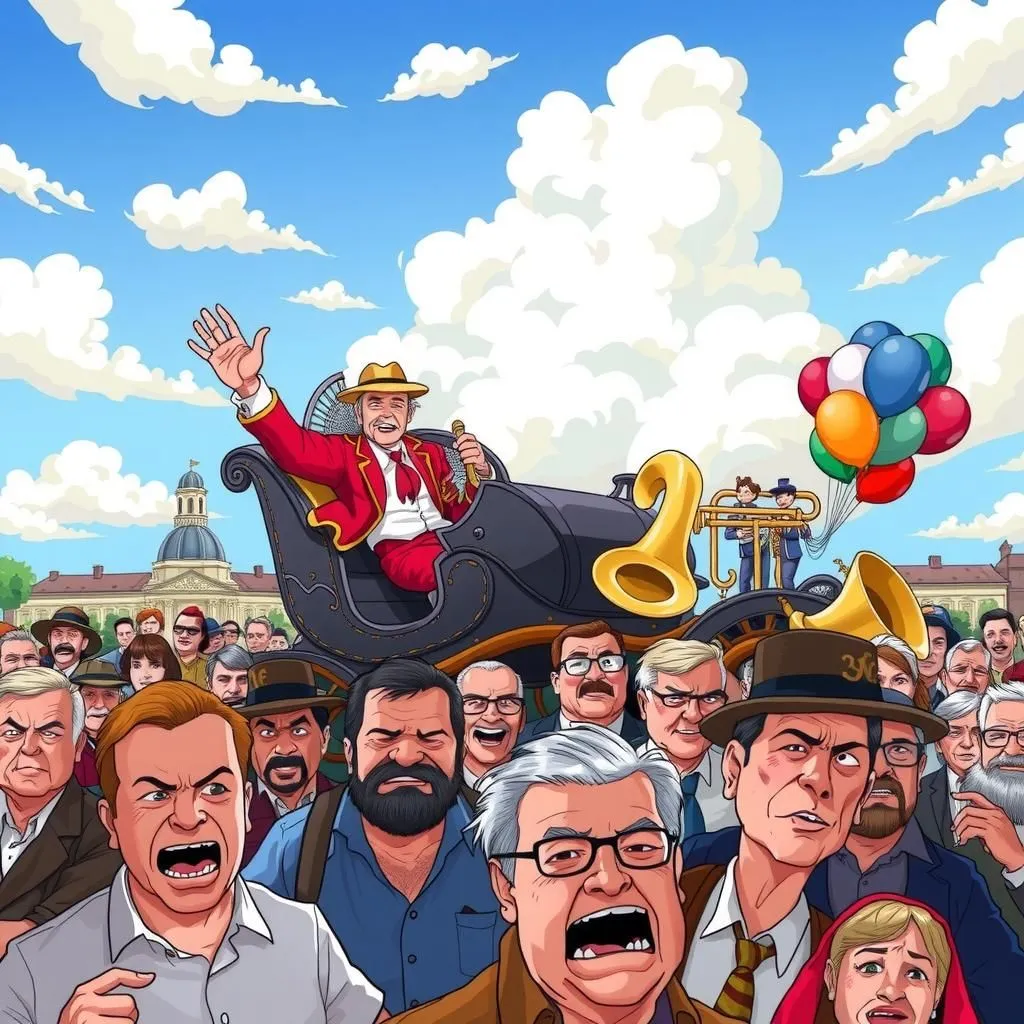
The Life-Saver
In "The Life-Saver," a dramatic short tale with moral undertones, an Ancient Maiden rehearses the line, "Noble preserver! The life that you have saved is yours!" before tragically drowning. Meanwhile, the Modern Swain reflects on the irony of her sacrifice, realizing he feels a sense of ownership over the life he did not save. This quick moral story highlights the complexities of heroism and the weight of unfulfilled intentions.


